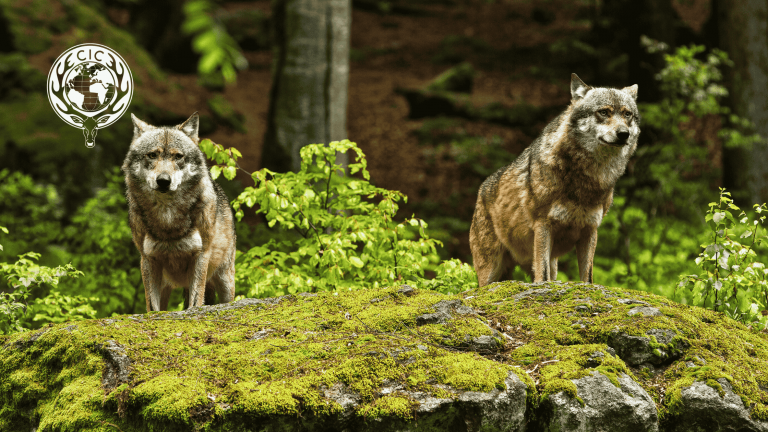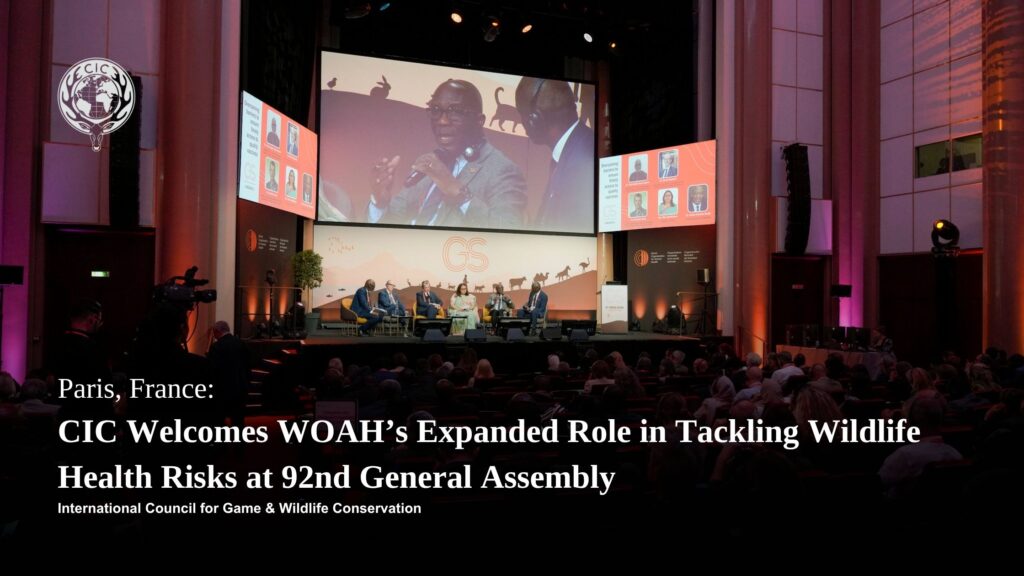Home » News & Press » Freedom to Manage Wolf Populations: A Step Forward for Rural Communities
Brussels, 25 September 2024 – The International Council for Game and Wildlife Conservation (CIC) welcomes the decisive step by EU Member States to begin the process of downgrading the wolf’s protection status under the Bern Convention. This long-overdue decision marks significant progress for rural communities, farmers, and conservationists alike.
For years, many regions across Europe have faced the challenge of balancing growing wolf populations with the need to protect livestock and maintain the livelihoods of pastoral farmers. Since being listed as a protected species in 1992, wolf populations have grown exponentially, expanding into new regions. By adjusting the wolf’s protection from “strictly protected” to “protected,” EU Member States will now have more flexibility to responsibly manage wolf populations while still ensuring the species’ conservation.
The CIC has consistently advocated for a balanced approach to wildlife management, supporting coexistence between humans and nature. This policy shift is a welcome acknowledgement of the urgent need for measures that protect both biodiversity and the interests of rural communities, which have faced increasing pressures due to expanding wolf populations.
This decision also paves the way for potential updates to the EU’s Habitats Directive, enabling countries to adopt management strategies that reflect local needs while ensuring the long-term conservation of wolves at a population level.
The CIC remains committed to following the discussions with its partners, ensuring that sustainable use continues to play a vital role in wildlife conservation across Europe.
About the CIC:
The International Council for Game and Wildlife Conservation (CIC) advocates for the sustainable use of wildlife resources and works closely with governments, NGOs, and conservationists to ensure that sound science and local knowledge are integrated into global conservation policies.
For more information please contact tristan.breijer@cic-wildlife.org




